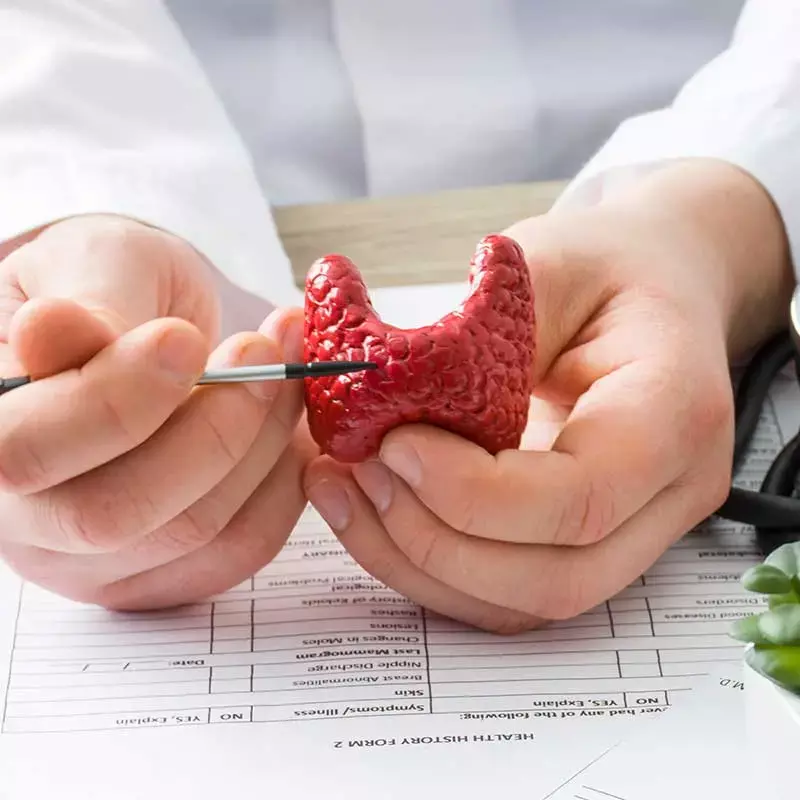- Home
- Medical news & Guidelines
- Anesthesiology
- Cardiology and CTVS
- Critical Care
- Dentistry
- Dermatology
- Diabetes and Endocrinology
- ENT
- Gastroenterology
- Medicine
- Nephrology
- Neurology
- Obstretics-Gynaecology
- Oncology
- Ophthalmology
- Orthopaedics
- Pediatrics-Neonatology
- Psychiatry
- Pulmonology
- Radiology
- Surgery
- Urology
- Laboratory Medicine
- Diet
- Nursing
- Paramedical
- Physiotherapy
- Health news
- Fact Check
- Bone Health Fact Check
- Brain Health Fact Check
- Cancer Related Fact Check
- Child Care Fact Check
- Dental and oral health fact check
- Diabetes and metabolic health fact check
- Diet and Nutrition Fact Check
- Eye and ENT Care Fact Check
- Fitness fact check
- Gut health fact check
- Heart health fact check
- Kidney health fact check
- Medical education fact check
- Men's health fact check
- Respiratory fact check
- Skin and hair care fact check
- Vaccine and Immunization fact check
- Women's health fact check
- AYUSH
- State News
- Andaman and Nicobar Islands
- Andhra Pradesh
- Arunachal Pradesh
- Assam
- Bihar
- Chandigarh
- Chattisgarh
- Dadra and Nagar Haveli
- Daman and Diu
- Delhi
- Goa
- Gujarat
- Haryana
- Himachal Pradesh
- Jammu & Kashmir
- Jharkhand
- Karnataka
- Kerala
- Ladakh
- Lakshadweep
- Madhya Pradesh
- Maharashtra
- Manipur
- Meghalaya
- Mizoram
- Nagaland
- Odisha
- Puducherry
- Punjab
- Rajasthan
- Sikkim
- Tamil Nadu
- Telangana
- Tripura
- Uttar Pradesh
- Uttrakhand
- West Bengal
- Medical Education
- Industry
Combination Therapy of LT4+LT3 Not Superior to Monotherapy Among Patients of Primary Hypothyroidism

Hypothyroidism, or underactive thyroid function, is a common condition characterized by cognitive and metabolic impairments. In a study, researchers reported that neither levothyroxine (LT4) therapy monotherapy nor a combination of LT4 + liothyronine (LT3) or desiccated thyroid extract (DTE) showed consistent superiority over other. The study findings were published in the Journal of Clinical Endocrinology and Metabolism on June 29, 2021.
Several clinical trials addressed the question of whether residual symptoms could be resolved through the use of combination therapy with LT4 and liothyronine (LT3), but evidence of consistent superiority of combination therapy was not obtained. Therefore, Dr Thanh D Hoang and his team conducted a study comparing 3 different forms of thyroid hormone replacement therapy, while also exploring the most symptomatic patients.
In a prospective, randomized, double-blind, crossover study, the researchers included 75 hypothyroid patients and randomized them to 1 of 3 treatment arms, LT4, LT4 + LT3, and DTE, for 22 weeks. The major outcomes were post-treatment scores on the 36-point thyroid symptom questionnaire (TSQ-36), 12-point quality of life general health questionnaire (GHQ-12), and the Wechsler memory scale-version IV (VMS-IV), and the Beck Depression Inventory (BDI). They further assessed treatment preference, biochemical and metabolic parameters, etiology of hypothyroidism, and Thr92Ala-DIO2 gene polymorphism. They performed the analysis with a linear mixed model using the subject as a random factor and the group as a fixed effect.
Key findings of the study:
- Upon analysis, the researchers noted that the serum TSH remained within the reference range across all treatment arms.
- They found no differences in primary and secondary outcomes, except for a minor increase in heart rate caused by DTE.
- They noted that the treatment preference was not different and there were no interferences of the etiology of hypothyroidism or Thr92Ala-DIO2 gene polymorphism in the outcomes.
- Upon subgroup analyses of the 1/3 most symptomatic patients on LT4, they found a strong preference for a treatment containing T3, which improved performance on TSQ-36, GHQ-12, BDI, and visual memory index (VMS-IV component).
The authors concluded, "As a group, outcomes were similar among hypothyroid patients taking DTE vs LT4 + T3 vs LT4. However, those patients that were most symptomatic on LT4 preferred and responded positively to therapy with LT4 + LT3 or DTE."
For further information:
DOI: https://doi.org/10.1210/clinem/dgab478
Keywods:
Levothyroxine, liothyronine, desiccated thyroid extract, Hypothyroidism, Quality of life, LT4+LT3, LT4, LT3, DTE, Thyroid disorder, Journal of Clinical Endocrinology.
Medical Dialogues Bureau consists of a team of passionate medical/scientific writers, led by doctors and healthcare researchers. Our team efforts to bring you updated and timely news about the important happenings of the medical and healthcare sector. Our editorial team can be reached at editorial@medicaldialogues.in.
Dr Kamal Kant Kohli-MBBS, DTCD- a chest specialist with more than 30 years of practice and a flair for writing clinical articles, Dr Kamal Kant Kohli joined Medical Dialogues as a Chief Editor of Medical News. Besides writing articles, as an editor, he proofreads and verifies all the medical content published on Medical Dialogues including those coming from journals, studies,medical conferences,guidelines etc. Email: drkohli@medicaldialogues.in. Contact no. 011-43720751


